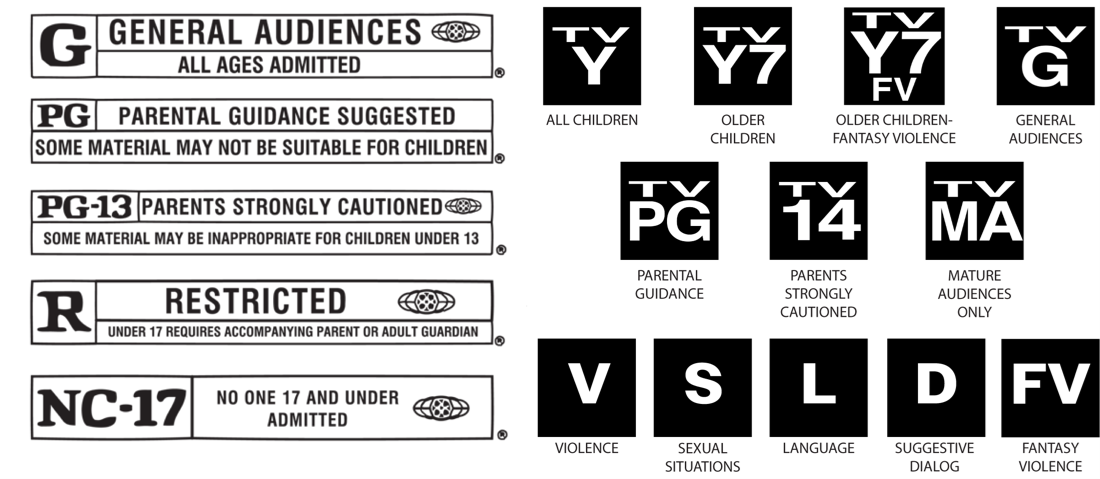Censorship 101: Five Tips for Telling Your Story Your Way
Creativity happens typically without the oversight of laws, regulations, and guidelines. That is unless you live in a country where government officials look over your shoulder (they do exist). For most writers, however, you can write whatever story you want — up to a point.
The challenge writers face is that oversight is inevitable if the objective is international distribution, even in the most open societies. For content creators who think about sets, locations, script writing, lighting, and even the score, consideration of potential global restrictions must be part of the creative process.
Here are five tips to keep your creation in the good graces of international content reviewers.
Write for a global audience
No script should be censored before you write the first word. Regardless of the genre or subject, content creators should be able to tell their stories their way. That belief, however, often runs contrary to the economics and realities of the marketplace or contract show writing.
Writing with an understanding of your intended global audiences, specifically language, customs, and cultures, is imperative if you want your story to relate to and reach them. Some things can’t be “fixed in post.”
Your double entendre wasn’t that hidden
Understanding to use of humor or language to address sensitive content is one way to address regulatory or cultural concerns. Musicians have used double entendre to talk about sex for decades to get around censors. Songs like Gertrude “Ma” Rainey’s, “Ma Rainey’s Black Bottom,” Little Richard’s, “Good Golly Miss Molly,” and Bessie Smith’s “Need A Little Sugar in my Bowl” got by censors because the singers didn’t use explicit language. But the audience understood perfectly.
Robin Williams said during the production of “Mork & Mindy” that he made an effort to “try different things to see what could get under the radar.” That said, don’t underestimate the regulator’s observational skills; they may be more aware than they let on, but they are also humans and can let things slide.
Recognize that different cultures see things differently
You might think themes like drug addiction, rape, child abuse, sexual assault, and suicide are viewed similarly across cultures, but they’re not. Suicide, for example, is perceived differently in film and TV ratings in the US, UK, and Japan because the public’s attitudes toward suicide vary significantly. In other words, how suicide is portrayed matters. Is it an integral or minor part of the story? Is it depicted with care or callously? Is it graphic or in the shadows? Is it glorified or discouraged? Is the context “historical, fantasy, realistic, or contemporary?”
Accept what you can’t get away with
It doesn’t matter where the story is written, produced, or distributed; some subjects literally won’t play in some countries. Titles like “West Side Story,” “Lightyear,” and “Doctor Strange in the Multiverse of Madness,” among others, have been banned for featuring LGBTQIA+ characters and stories.
Disney’s “Shang-Chi and the Legend of the Ten Rings” was banned over an actor’s comments about the Chinese government. We can cite many examples, but the point is to accept that even the most carefully written positive portrayal of characters or plot lines won’t get past censors.
Pick your battles wisely
Scriptwriters welcome opportunities to include political and social commentary in their stories. It contributes to the development of essential storylines and characters. Sometimes they get away with it, and sometimes they don’t. The challenge is determining where and when to try and predict whether or how their points land with audiences. While some studios, platforms, and distributors are willing to stand up and fight for stories, that isn’t always the case.
Every scriptwriter’s objective is to create a story that entertains as broad an audience as possible. Knowing the audience and what engages them while also understanding regulators’ concerns can help develop a script that doesn’t raise anyone’s ire. Sadly, it is not a skill many scriptwriters possess. The good news is that tools and expertise can provide the insights they need to assess scripts for known problematic events.
While it isn’t common to utilize localization and culturalization so early in the production process, it is a practice worth considering.
Contact Spherex to learn how to incorporate its content analysis services into your workflow.
Related Posts


SILICON VALLEY
2336-H Walsh Ave.
Santa Clara, CA 95051
+1(408) 550-2344
LOS ANGELES
3900 W Alameda Ave.
Burbank, CA 91505
+1(310) 496-7307









